The Arab League expressed its “absolute rejection” of anti-Qatar campaigns targeting the Gulf state’s hosting of the 2022 FIFA World Cup, Doha’s state news agency (QNA) reported on Tuesday.
The final statement of the most recent Arab League conference in Algiers stated that “the declaration, delivered this evening, reiterated its full rejection of the destructive distortion and suspicion campaigns against Qatar.”
As the first Arab country to ever host the World Cup, the bloc declared its support for Qatar’s hosting of the important athletic event.
The Arab League added that it is confident that Doha will hold “a distinguished version” of the event, which will see four member states of the bloc compete for glory.
The statement comes amid an ongoing campaign that has exacerbated in recent weeks, with western media disseminating mass criticism of the Gulf state, citing migrant rights and LGBTQ issues.
Officials in Doha have addressed “sensationalist” headlines, describing the criticism as an “unprecedented” attack layered with racism against the first ‘Arab’ World Cup.
Last month, Qatar’s Amir Sheikh Tamim bin Hamad Al Thani slammed what he described as “ferocious” attacks that were launched since it won the bid to host the World Cup.
The amir said that “no other host nation” has faced this level of “ferocious” criticism.
“Since we won the honour of hosting the World Cup, Qatar has faced an unprecedented campaign that no other host nation has received. And we had handled it at first in good faith while considering some of the criticism positive and beneficial,” Sheikh Tamim told the Shura Council.
Joining the Arab League in condemning the media campaign, the Union of OIC News Agencies (UNA) dismissed the information spread as “rumours and false news”.
The UNA, comprising of news agency of the Organisation of Islamic Cooperation, said the campaign “stems from suspicious agendas”, per a QNA report. It noted that the information “has been proven false after verification and reference to reliable sources.”
“Qatar’s hosting of this global event, as the first country in the Islamic world and the Middle East, is an opportunity to promote coexistence between different cultures and to highlight the civilised legacy and huge capabilities of the countries of the region,” said the UNA, as cited by QNA.
The UNA has also urged the media to maintain professionalism when covering the World Cup in the “spirit and passion of sports away from incitement”.
Labour reforms to continue
Since winning the bid to host the World Cup in 2010, Qatar has received a barrage of criticism for its track record in its treatment of migrant workers. Scrutiny has exacerbated in the lead up to the event, set to kick off in weeks.
Sheikh Tamim had said that Qatar handled the criticism “in good faith”, paving the way for Doha to introduce major reform to improve the conditions for workers in the country.
The amir said that while the criticism has helped Qatar “develop aspects that needed development”, it has continued to rear its ugly head.
The amir stressed that Qatar is constantly working on improving and developing, noting a wave of progress, including major labour reforms, made in the Gulf state over the years.
“We are so proud of the development, reform, and progress we have made, and we are grateful for the spotlight that the World Cup provided, which inspired us to make these changes at lightning-speed,” said Sheikh Tamim.
On Tuesday, Qatar’s labour minister Ali Al Marri assured ambassadors of western states that the labour reform will continue even after the World Cup.
The remarks came during a meeting with the western envoys in Doha, where he stressed that Qatar “has nothing to hide from the world” with regards to migrant workers.
Al Marri added that the criticism will not affect its approach to reform and will only increase Doha’s efforts in ensuring the policies are being implemented.
Some of the major reforms introduced include the dismantling of the controversial kafala, or sponsorship, system that prevented workers from freely switching jobs.
Over the two years of the implementation of the reforms, Qatar authorised at least 350,000 applications from migrant workers seeking to change their jobs.
In order to further the welfare of the workers, Qatar also collaborated with the International Labor Organization (ILO) of the United Nations as well as a number of other organizations.
In a recent report, the ILO noted that Qatar has achieved strides in the labor market while adding that some challenges still exist.
In a statement, Ruba Jaradat, regional director of the ILO for the Arab States, stated, “We’ve been on a long trip with Qatar – and the reforms and the cooperation with the international community are really significant for the area.”


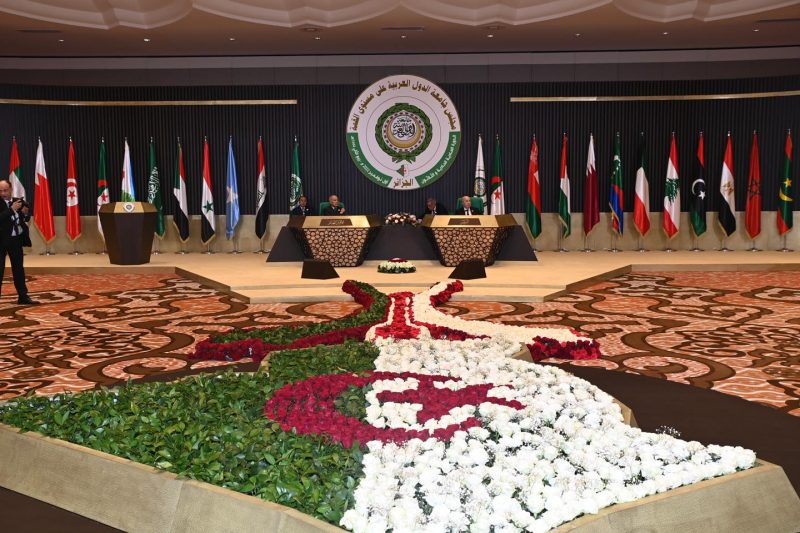


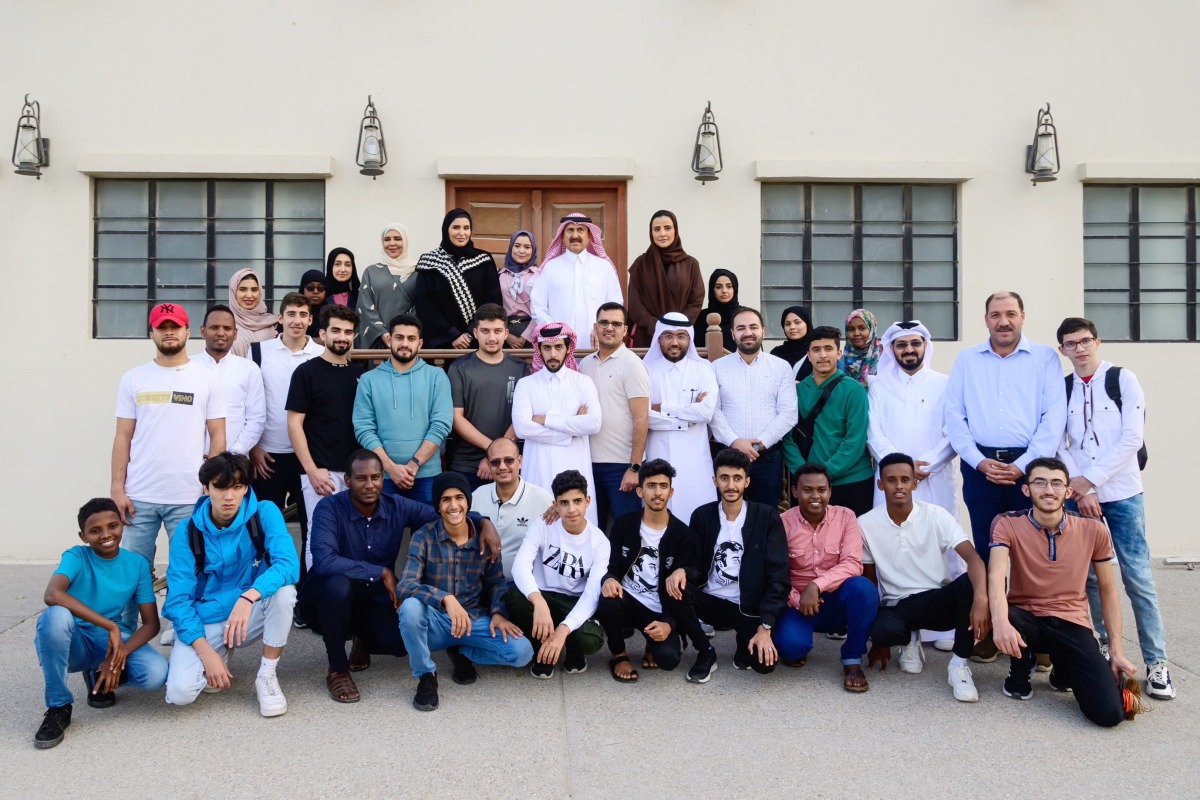
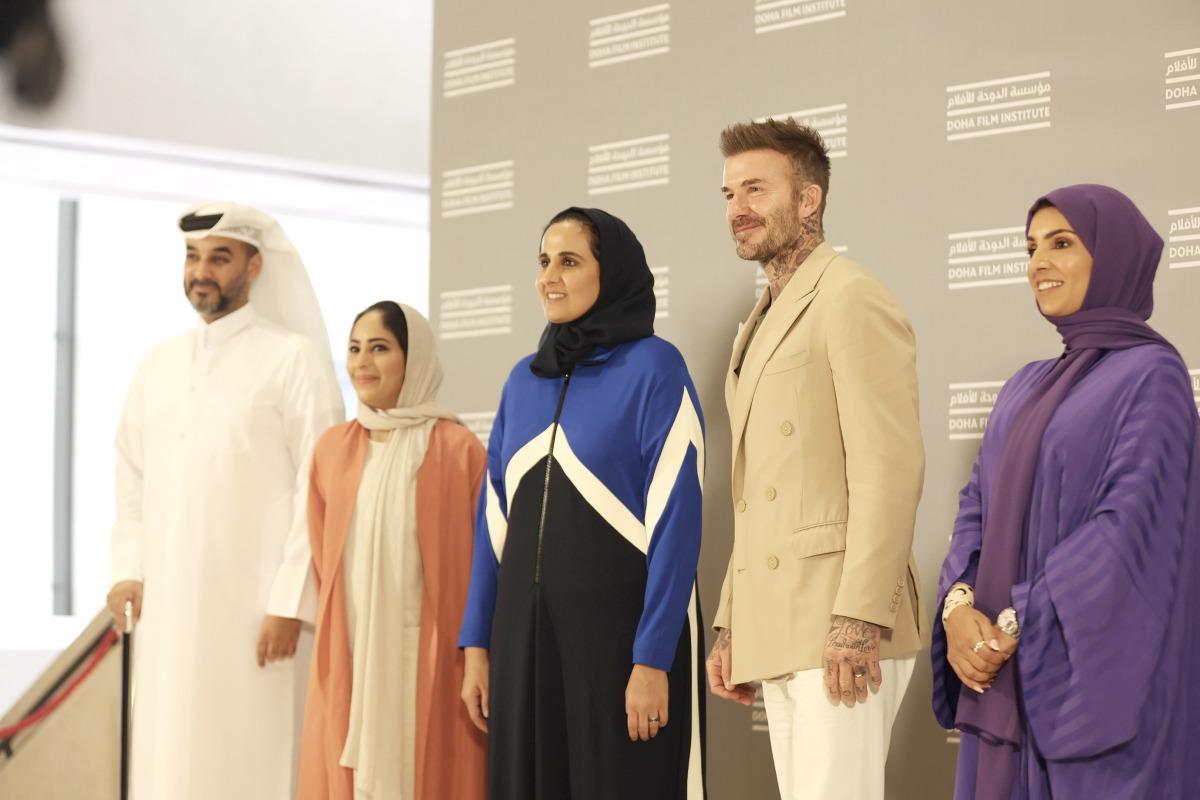
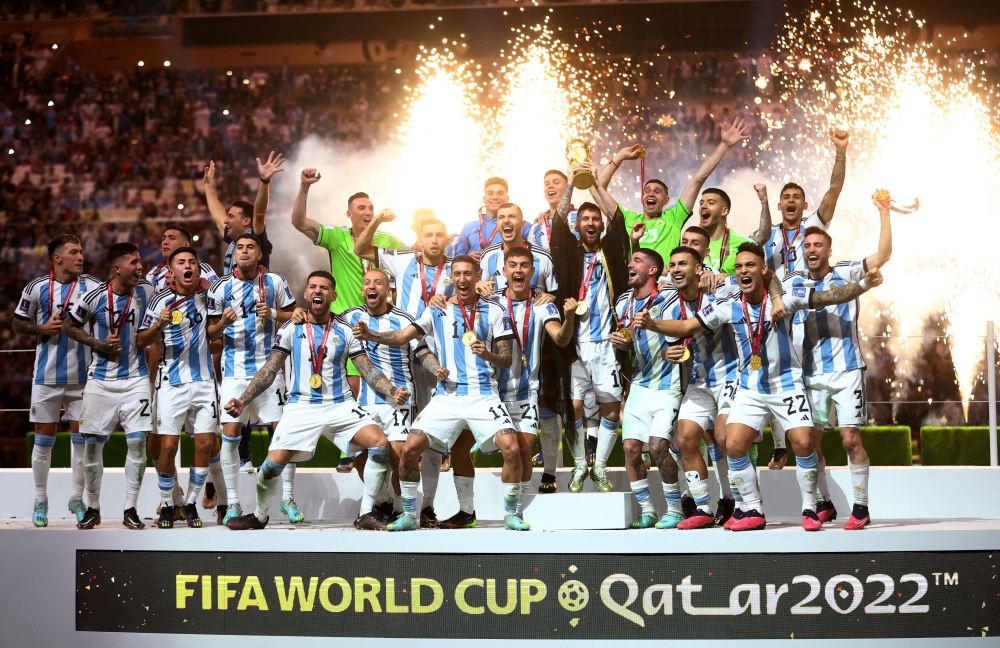




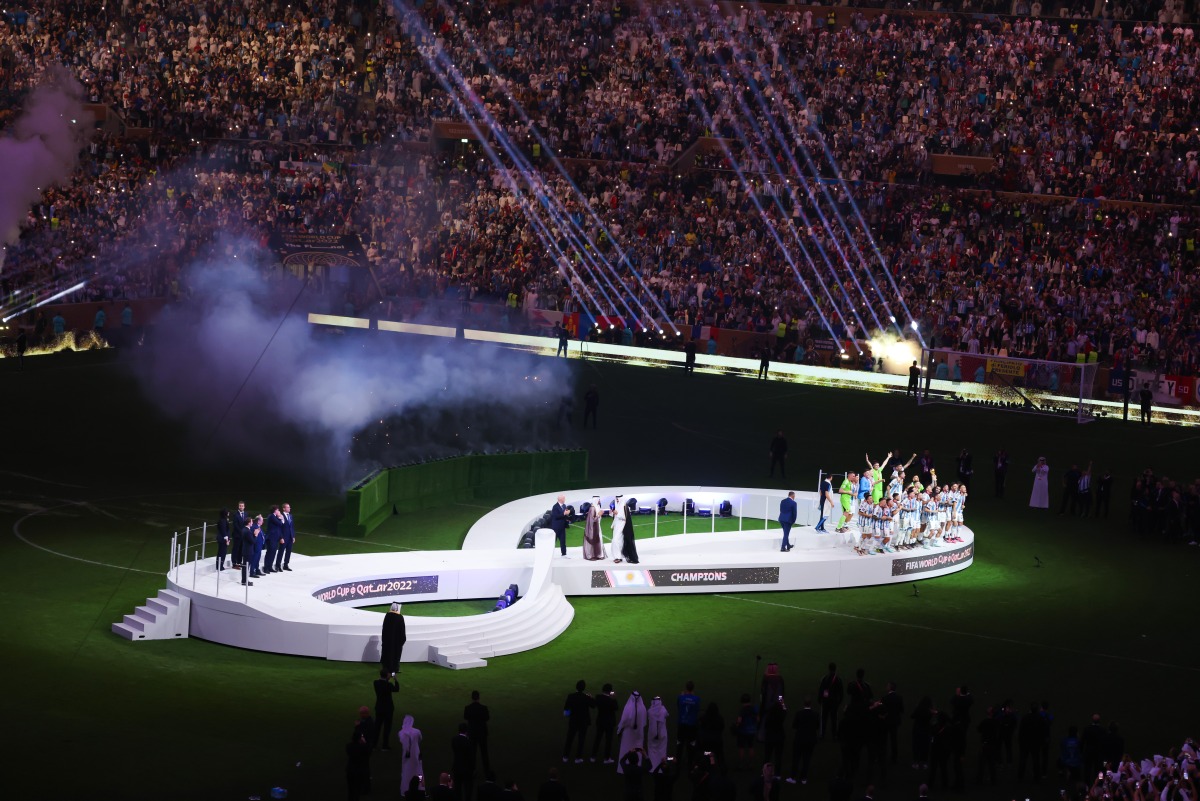




Leave a Reply